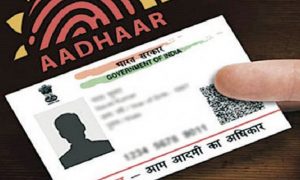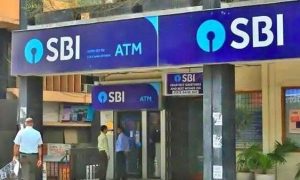MEERUT: The Gauhati high court will on Wednesday hear a case against an Assam MLA who has been accused of providing false information in his election affidavit this year.
Karim Uddin Barbhuiya, 51, is an AIUDF legislator who had written that he was an arts graduate from the Chaudhary Charan Singh University in Meerut, which the university has denied.
The petitioner who took this to court, former deputy speaker from BJP Aminul Haque Laskar, is pinning his hopes on Barbhuiya’s disqualification to make a comeback in Sonai, a seat he won in 2016 but lost to him this year.
“
In 2016, we went up against each other and I won. In 2021… I lost,” Laskar told TOI. “In 2016, he had called himself an engineer in his affidavit. In 2021, he wrote that he was a BA graduate but didn’t write about his engineering degree. That was why I filed an RTI query and learnt that he never went to the university in Meerut as he had claimed.”
Barbhuiya dismissed Laskar’s allegations. “The matter is sub judice. I have to give my reply in court on Wednesday. So, I cannot divulge details. The only thing I can say is that all allegations against me are false and fabricated,” he told TOI.
In 2016, Barbhuiya’s election affidavit listed his education as “higher secondary passed from GC College in 1987 and diploma in engineering in 1990.” This year, before the Assam assembly election, his affidavit said his highest qualification was “BA passed from Ch. Charan Singh University, Meerut in the year 2019.”
In response to Laskar’s RTI, the public information department of the Chaudhary Charan Singh University said, “In the academic year 2019, no student by the name of Karim Uddin Barbhuiya has appeared for BA examination either as a private or institutional candidate.”
Laskar believes he could swing a victory if Barbhuiya is convicted. “There have been instances when false affidavits have led to the cancellation of assembly memberships and first runners-up have been declared MLAs to replace them,” he said. “If the court is convinced he produced fake degrees, I could be declared winner.”
His case in the Gauhati high court invokes section 80 and 81 of the Representation of the People Act, 1951, provisions to bring an election petition to court. But Article 191, which identifies the circumstances under which an elected representative may be disqualified doesn’t mention false affidavits. So, while legislators found guilty of falsifying information are convicted, whether they are disqualified or not is a matter of discretion.
In April this year, the Manipur high court disqualified BJP’s Okram Henry Singh from the assembly for an “incomplete” affidavit. Last year, Mohd Abdullah Azam Khan’s membership of the UP assembly had been terminated for “falsifying” his age.
The HC order was later stayed by the apex court. In Gujarat, the election of Congress’s Nathabhai Patel, accused of concealing information in his affidavit, was upheld and he wasn’t disqualified.





































